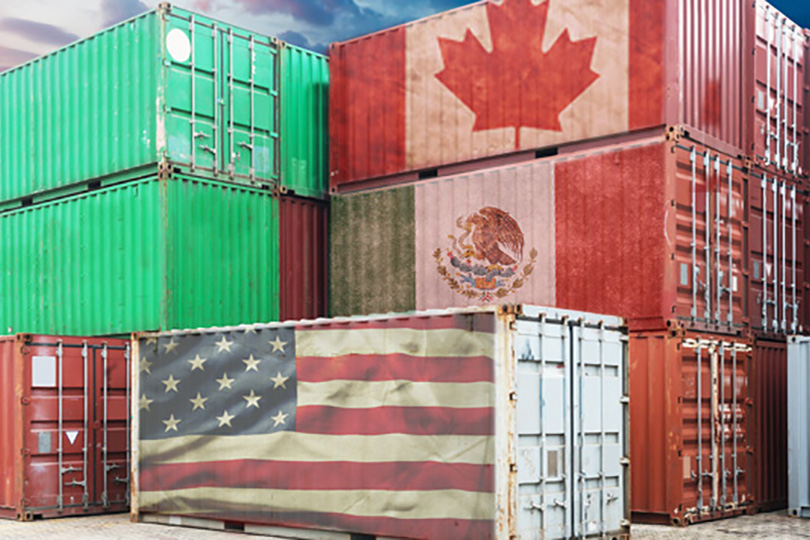By Jessica Domel
Multimedia Reporter
The 23-year-old agreement that details the free trade of goods between the United States, Mexico and Canada will officially be reopened for modernization this week.
Officials from each of the three nations will gather in Washington, D.C. to discuss what a new North American Free Trade Agreement (NAFTA) should entail.
Monday, Canadian Foreign Affairs Minister Chrystia Freeland underlined the importance of the trade agreement.
“Trade is an adhesive, working to connect people even when political differences may push in the other direction,” Freeland said.
She explained that exports are the bedrock of an economy and account for one-third of Canada’s economy.
“Trade is about creating the best possible conditions for growth, for jobs, for prosperity for individuals and working families,” Freeland said.
Canada’s core objectives for the talk, according to Freeland, are to modernize NAFTA and make it more progressive.
The latter, she said, can be done by bringing in strong labor safeguards, integrating enhanced environmental provisions to ensure no NAFTA country weakens environmental protections to attract investment and by adding a new chapter on gender rights to keep with the country’s commitment to gender equality.
“Fourth, in line with our commitment to improving our relationship with Indigenous peoples, by adding an Indigenous chapter; and finally by reforming the Investor-State Dispute Settlement process, to ensure that governments have an unassailable right to regulate in the public interest,” Freeland said.
Canadian officials also believe the renegotiation is a valuable opportunity to “make life easier for business people on both sides of the border by cutting red tape and harmonizing regulations.”
The country would also like to see a freer market for government procurement and easier movement of professionals across the border for work.
“Sixth, Canada will uphold and preserve the elements in NAFTA that Canadians deem key to our national interest—including a process to ensure anti-dumping and countervailing duties are only applied fairly when truly warranted; the exception in the agreement to preserve Canadian culture; and Canada’s system of supply management,” Freer said.
U.S. officials seek to reduce the trade deficit, improve market access for American agriculture and support economic growth in the U.S.
Other objectives include ensuring the new agreement improves market access for U.S. manufacturing and services and eliminating unfair subsidies and marketing distorting practices.
Mexican officials announced their priorities earlier this month. They include increasing regional competitiveness, continuing to generate trade, increasing labor market integration, establishing rules of origin and unifying agriculture, animal and health safety regulations.
The renegotiation process may take some time, according to U.S. Commerce Secretary Wilbur Ross. He said recently the talks may extend into 2018.

